COS News
News
Connie Phong wants to know how an animal adapted to live in a highly specialized environment — just below the freezing point for seawater — responds to warming oceans.
How Northeastern scientists are using Antarctic sea spiders to study life on the edge
News

Fleury Augustin Nsole Biteghe has identified a way to target two of the deadliest cancer types with chemotherapy drugs but without the harms associated with chemotherapy.
Northeastern researcher uses light to target and kill cancer cells
Showing 43 results in Network Science Institute
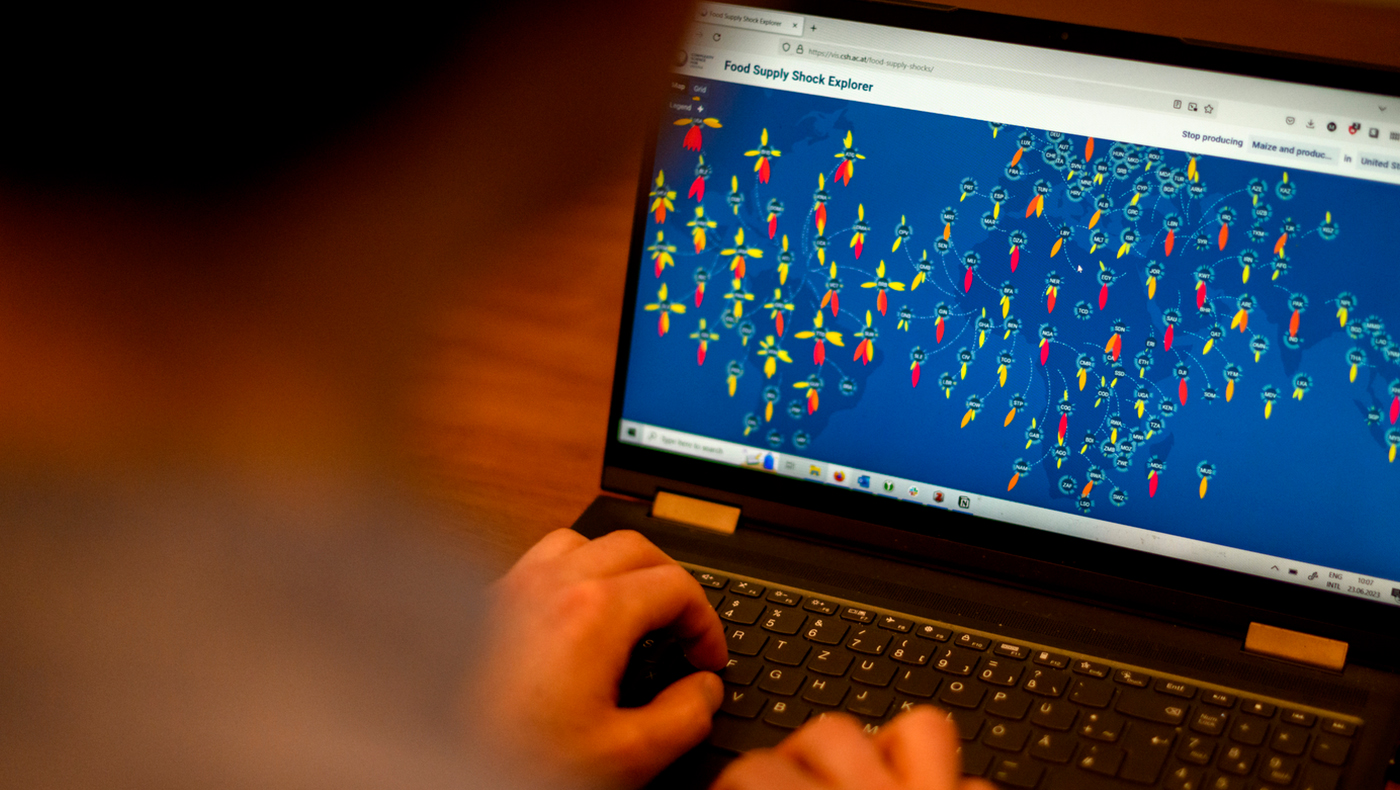
How the annihilation of Ukraine’s agricultural production affects the world
The Russia-Ukraine war causes not only stark losses in the supply of staple grains and dietary oils to parts of the world, but also a significant reduction in the production of other foods dependent on them such as poultry and pork, a new study shows.
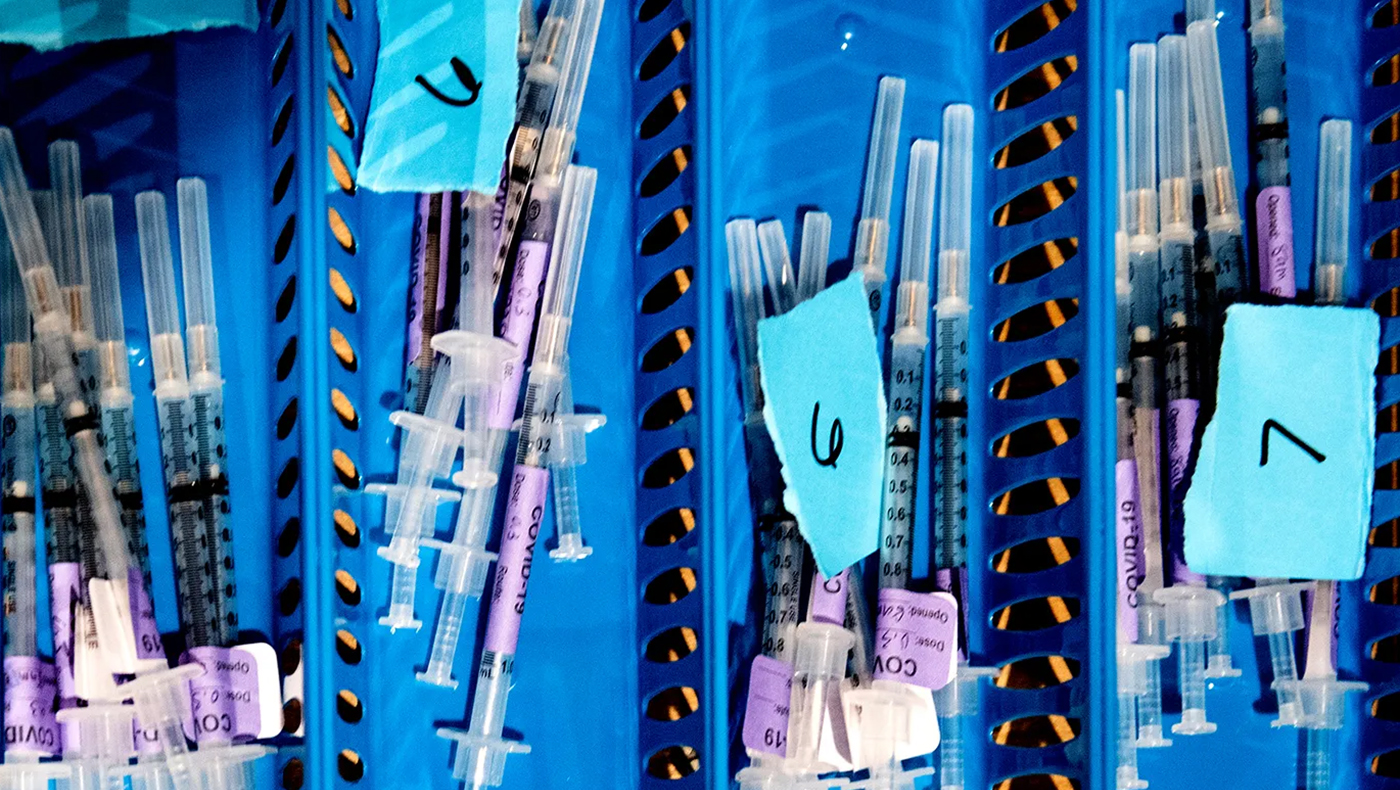
More Than 50% of COVID-19 Deaths Could Have Been Prevented
Better access to vaccines could have prevented more than 50% of COVID-19 deaths in 20 lower income countries, according to a new paper in Nature Communications co-authored by Northeastern professor Alessandro Vespignani.

Want to know how processed your food is?
Northeastern researchers have been busy trying to better understand the links between “ultra-processed foods” and human health through the university-sponsored Foodome project.

COVID-19 prison releases exposed inequities
In the decade leading up to 2020, racial inequity in U.S. incarceration was trending down––until the COVID-19 pandemic hit.
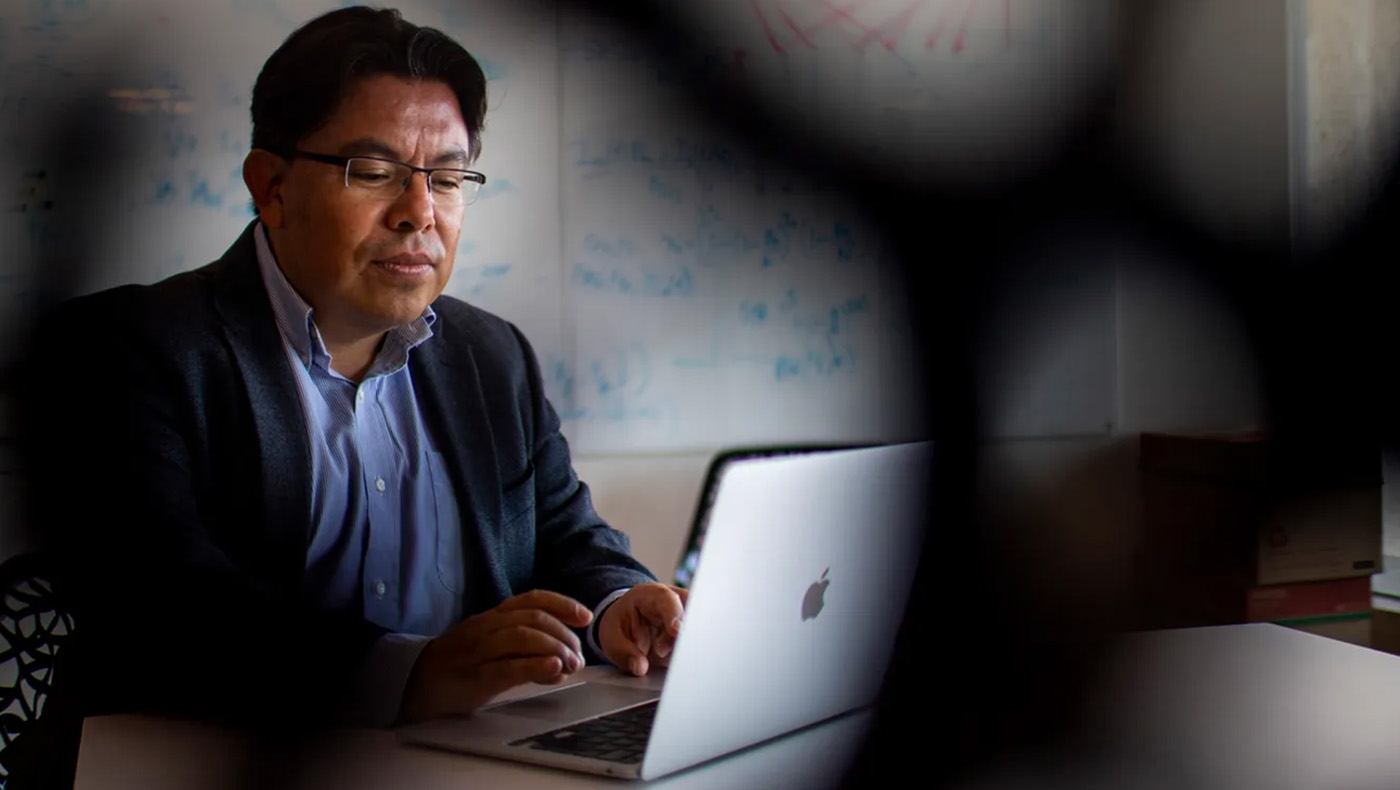
Is the US ready for another pandemic?
Is the U.S. ready for another pandemic?
It’s a question members of Congress convened last week to tackle. And one of Northeastern’s own machine learning experts, Mauricio Santillana, a professor of physics and network science, was on Capitol Hill to help shed light on U.S. preparedness from the standpoint of how to levy big data to create better predictive models.

For his leadership on COVID-19, Alessandro Vespignani receives ‘lifetime honor’ from American Association for the Advancement of Science
Alessandro Vespignani, director of the Network Science Institute and Sternberg Family Distinguished Professor at Northeastern, has been elected as a Fellow to the American Association for the Advancement of Science.

Can ‘digital traces’ from internet searches and social media predict outbreaks of COVID-19?
Your Google searches and Twitter accounts alert marketers about what items you might like to purchase—could they also serve as an early warning system when COVID-19 levels are about to take off?
A team of scientists including Northeastern University machine learning expert Mauricio Santillana says internet users’ “digital traces” can be adopted to alert public health officials to sharp increases in COVID-19 at the county level one to six weeks ahead of a major outbreak.

Republicans had higher COVID-19 death rates in the first year of the pandemic, new research says
Northeastern researchers uncovered statistics that suggests that politics played a significant role in who was dying early in the pandemic.
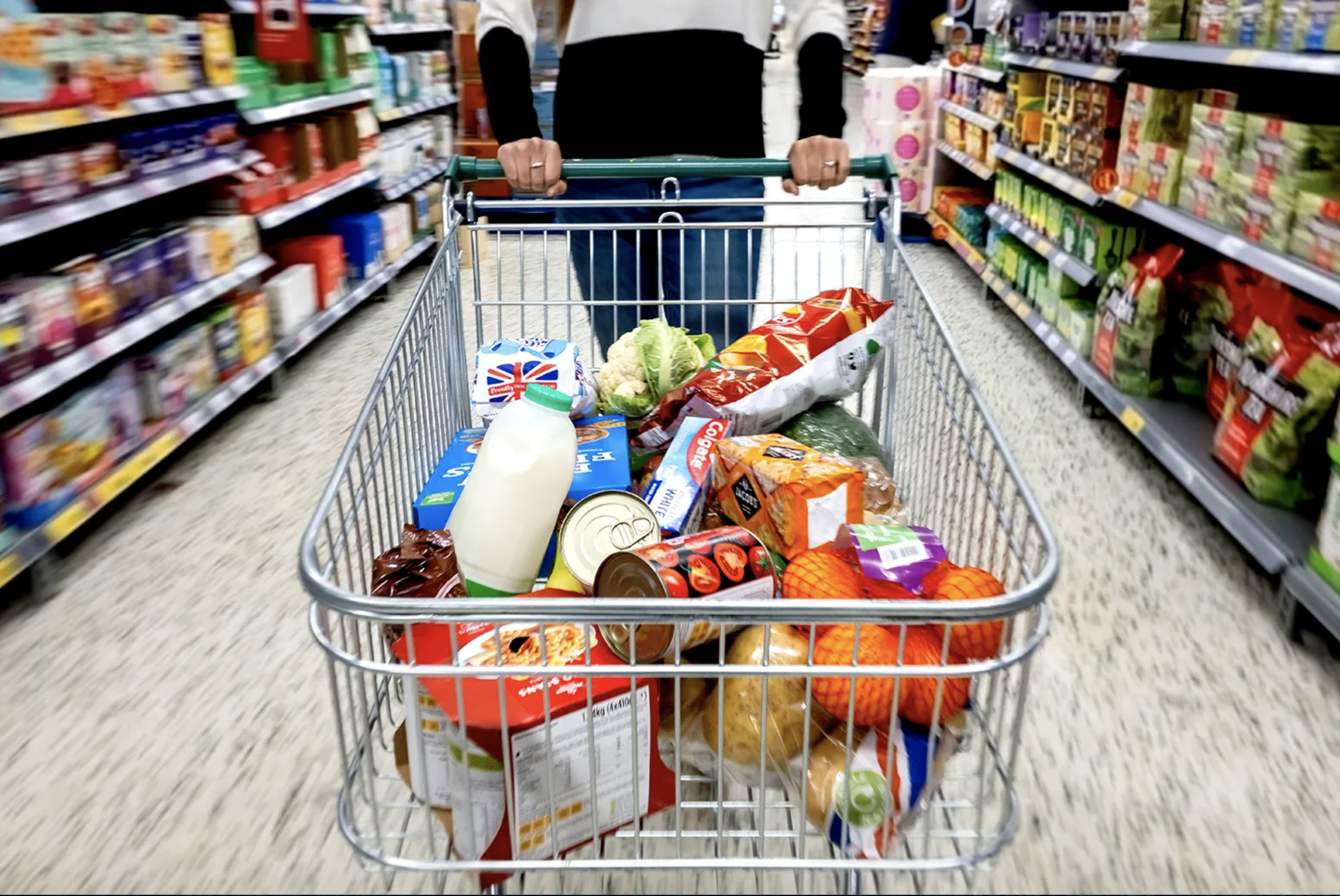
Has your food been chemically altered? New database of 50,000 products provides answers.
Northeastern researchers have discovered a way to outline the components of any given food, cluing us in to what our food is really made of—and what it took to get to your plate.
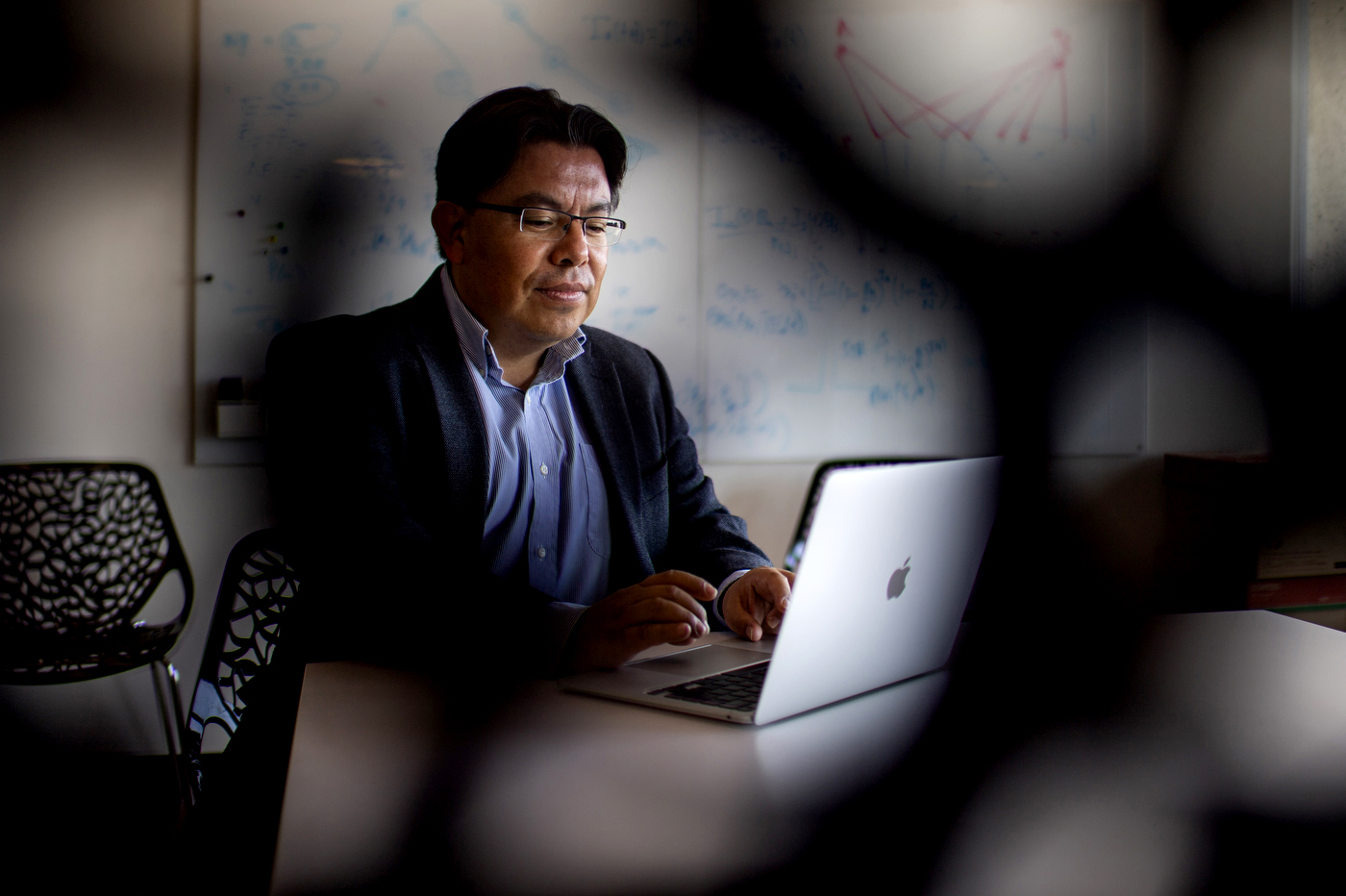
Your Google searches and tweets might help forecast the next disease outbreak
People leave a trail of breadcrumbs when they navigate the digital world, offering clues about what is happening in their lives—including their health. Northeastern’s Mauricio Santillana is using machine learning algorithms to turn those clues into an early warning system for disease outbreaks.
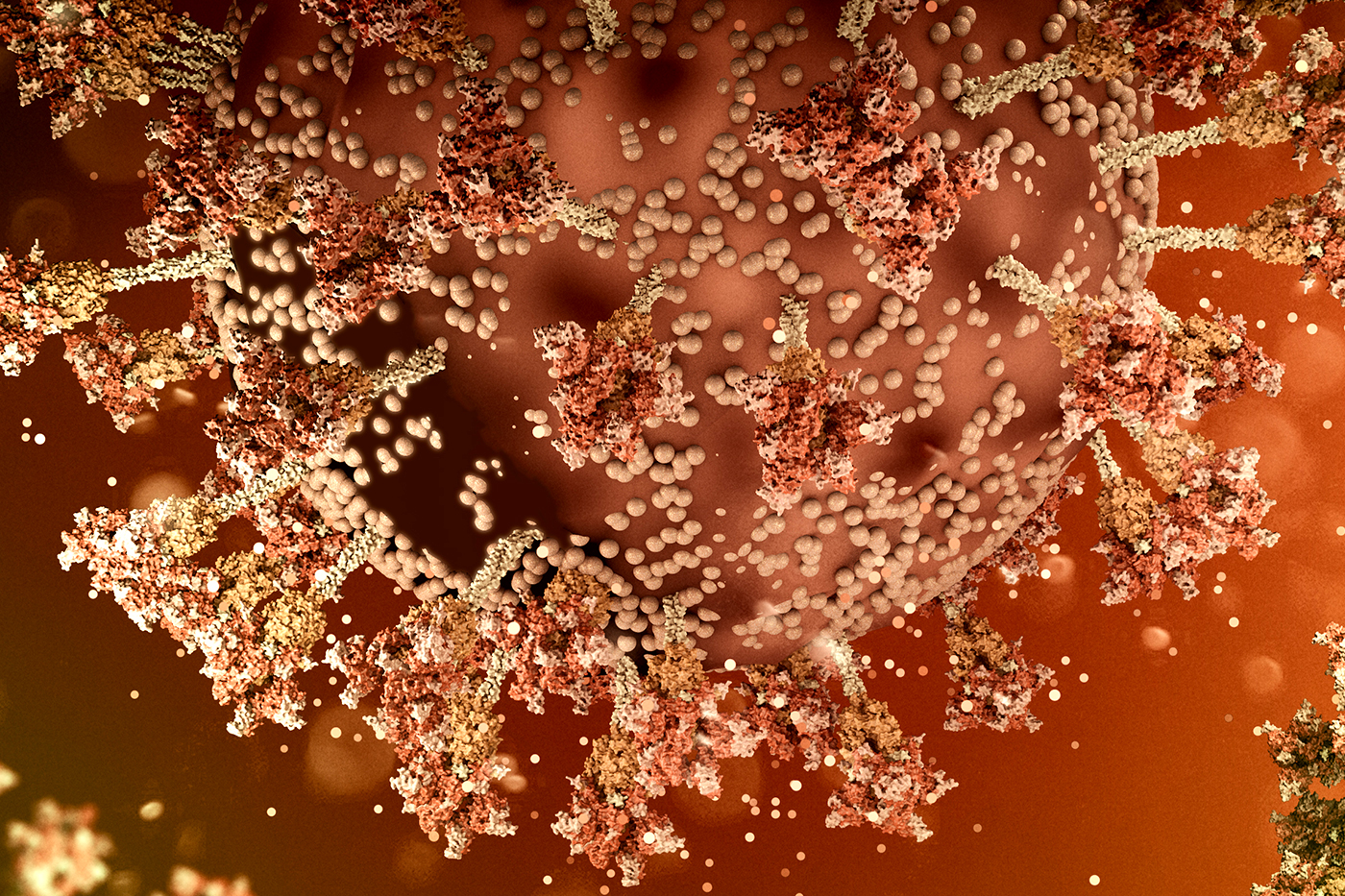
Omicron moves fast. Here’s what that means for the next few weeks.
A virus that moves as quickly around the globe as the omicron variant could spell disaster just as people are traveling and gathering for holiday and New Year celebrations. But the devil’s in the details when it comes to COVID-19—and that could be a good thing.
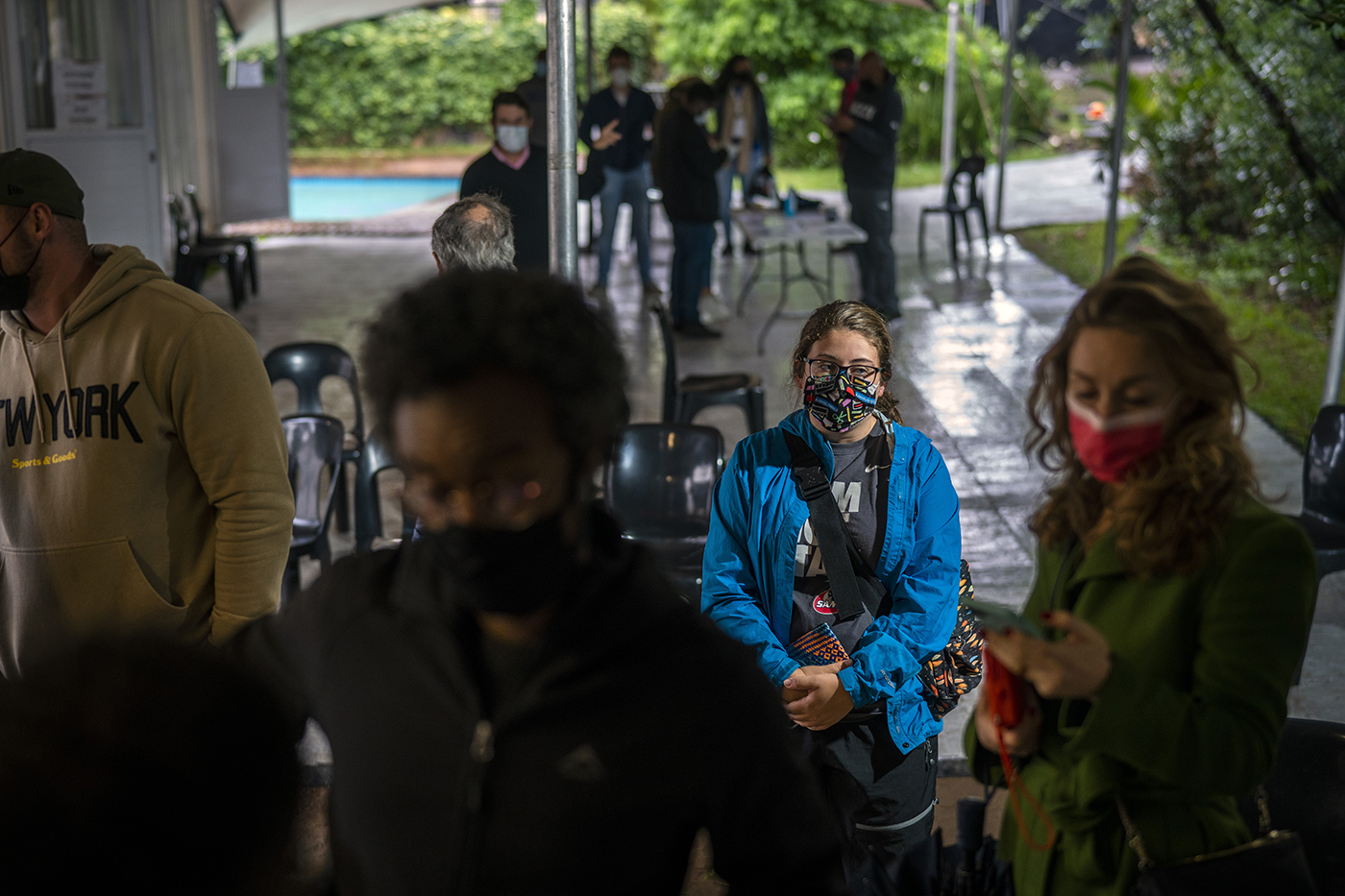
When will we know more about the omicron variant?
A new Covid-19 variant, Omicron has been detected in South Africa.